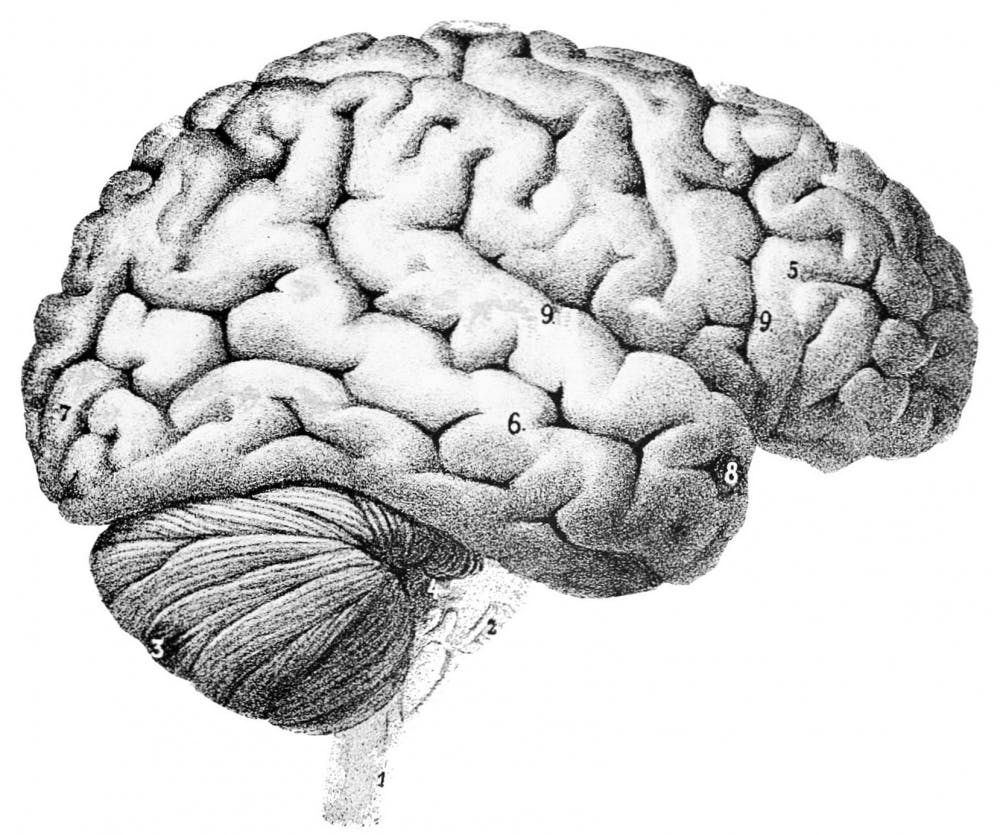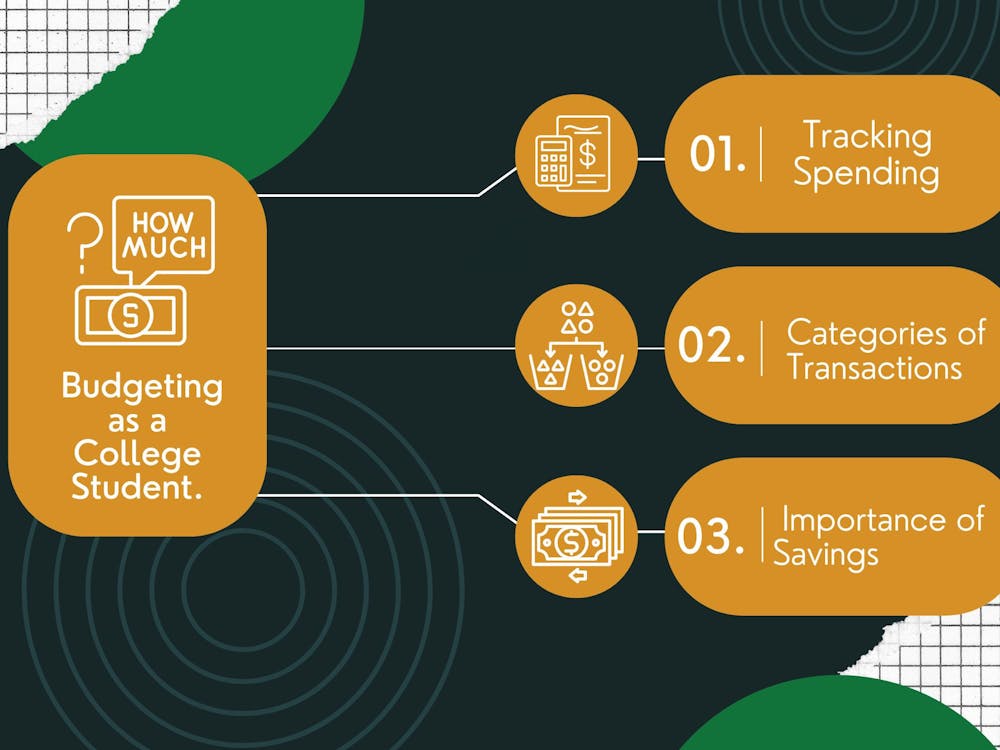by Alina Rosenkranz |
Most people that listen to music have experienced the effect it can have on their emotions and thoughts. It can feel like music has the ability to create magical moments. Music is part of our everyday lives, but we don’t often think about the effects it has on our minds.
- Your heart beat mimics the music you listen to according to Luciano Bernardi, a professor of medicine at the University of Pavia in Italy.
- According to a study done by Nusbaum and Silvia (2010), over 90 percent of people have experienced chills running down their spine while listening to music. How strongly music affects us depends on our personality. The study suggests music has more powerful effects on people with a high “openness to experience.”
- People associate colors with music and it appears that people from different parts of the world associate the same music genres with the same colors. A study done by Palmer (2013) shows people from the U.S. and Mexico both associate sad music with dark colors and upbeat music with lighter colors.
- Music utilizes the entire brain. It can activate motor, creative areas and emotional areas of the brain according to a study by Suomen Akatemia (Academy of Finland).
- Research by Ferguson and Sheldon (2013) suggests that actively listening to music as opposed to letting music wash over us leads to a higher emotional experience with music.
- Playing music on a regular basis will change your brain structure. The cortex volume is the highest for professional musicians according to Dr. Pascale Michelon who has a Ph.D. in cognitive psychology and worked as a research scientist at Washington University in Saint Louis.
- Listening to music while you work out has the ability to strengthen your workout performance according to research done by Costas Karageorghis and David-Lee Priest from Brunel University.
- According to a paper from the University of London, music can even influence how we see visual images. Through an experiment, researchers found that happy music made happy faces appear happier and sad music made sad looking faces perceived as even more melancholy.
Alina Rosenkranz is a reporter for The Beacon. She can be reached at rosenkra17@up.edu.








